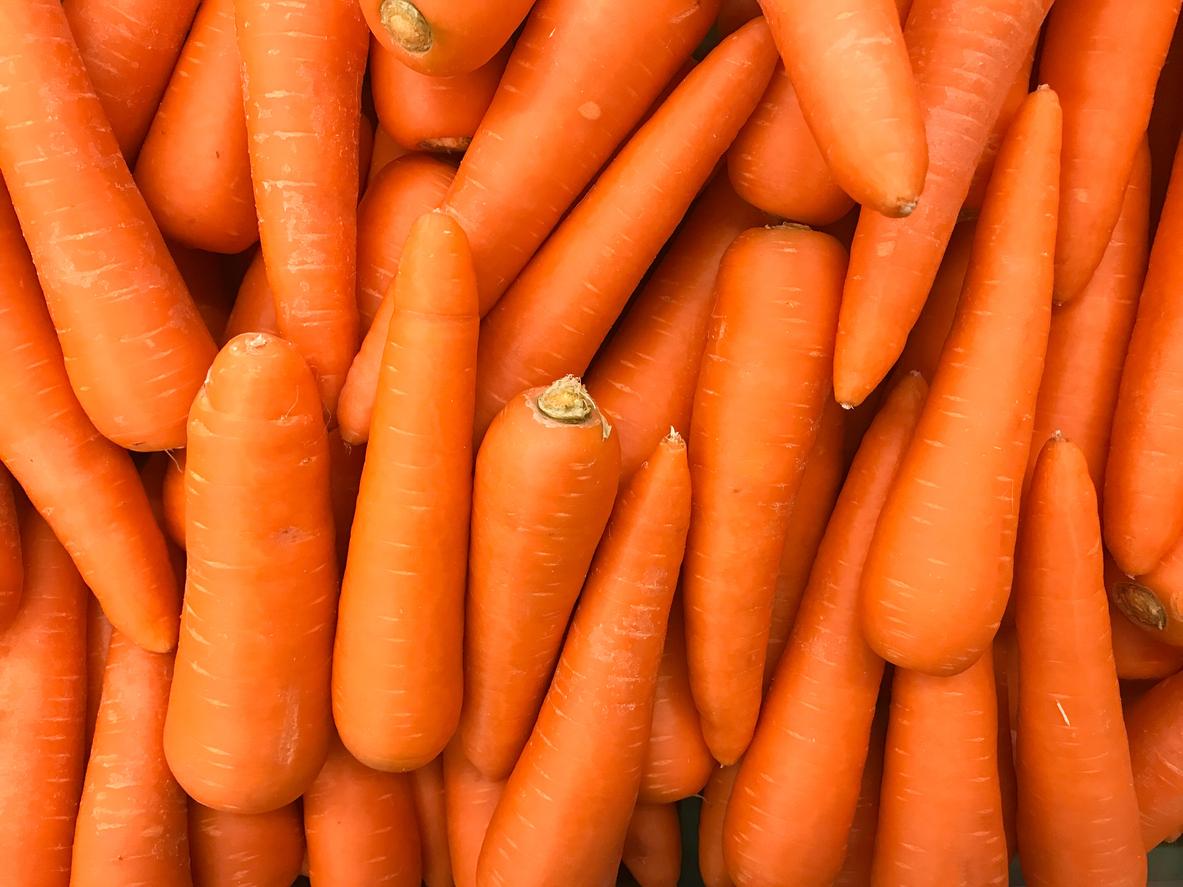A vegetable will never be as nutrient-dense as freshly picked. It is therefore believed that he has the most to offer us. But, even if we love raw vegetables, it would be sad to eat only that! Cooking softens the textures and enhances the flavors. Moreover, some vegetables are only edible when cooked: artichokes, potatoes, eggplants, leeks, white beans… Heat cuts the chains of glucose that form starch, which is indigestible as is, and destroys the toxins that could cause intestinal problems.
Baking is also a good way eliminate germswhich is interesting for fragile people (infants, pregnant women, elderly or immunocompromised).
Cooking Vegetables: Do’s and Don’ts
The ideal is toalternate raw and cooked vegetables – as we do naturally with raw vegetables as a starter and vegetables cooked in the dish – by opting for the most suitable cooking methods. “What is important is the couple time-temperature. To preserve the benefits of vegetables, either cook them at a low temperature (less than 100°C) for a little longer, or cook them at a high temperature quickly”, explains Frédéric Tessier, professor at the Faculty of Medicine of Lille.
Reserve boiling for vegetables that require long cooking. For the rest, steam cooking is preferred. And for good reason: it preserves vitamins and minerals, and does not require fats.
To give flavor, we think to aromatic herbs in cooking water and add a drizzle of good oil (olive, walnut, sesame, etc.) to the vegetables at the end, as the oil is much easier to digest raw.
“Study shows broccoli lose 50% of their vitamin C when boiled, compared to 25% when steamed”explains Professor Frédéric Tessier.
Baking should be limited to vegetables that are cooked in their own juices or left whole with their skins on, to prevent them from losing their nutrients. “I recommend cooking the vegetables in the oven at a temperature that is not too high (120 or 140°C), so as not to attack them, and longer, for a melting texture“, says Angèle Ferreux-Maeght.
Cooking in the pan should be reserved for vegetables that need to be cooked quickly. It is better to take a stainless steel frying pan and, to prevent it from sticking, coat it with a little oil with absorbent paper and heat it before adding the ingredients. Also good is the sheet steel wok whose curved shape provides a wide cooking surface for quick and even sautéing.
Foods to avoid : frying, the microwave.
The main benefits of vegetables
VITAMINS. Vegetables are sources of vitamin C (anti-fatigue and anti-infection) and vitamin B9 (important for pregnant women). These two water-soluble vitamins are sensitive to heat and can leave in the cooking water. Vegetables also provide provitamin A and vitamin E, both antioxidant and fat-soluble, less fragile but better absorbed if there is a fatty substance (a drizzle of oil at the start or end of cooking).
THE MINERALS. Vegetables are rich in various minerals: potassium (anti-hypertension), calcium (bone strength), magnesium (anti-stress), iron (anti-fatigue), manganese (antioxidant)… Minerals are not sensitive to heat. On the other hand, they are soluble and escape into the cooking water.
FIBERS. Vegetables are one of our main sources of fibre, essential for intestinal transit and the proper balance of the microbiota. They slow the absorption of carbohydrates, which lowers blood sugar and promotes satiety. They also help lower cholesterol levels. As they are not always well digested, cooking has the advantage of tenderizing them and making them more digestible. It also improves the bioavailability of certain minerals.
ANTIOXIDANTS. Beta-carotene, lycopene, anthocyanin, lutein…: vegetables are rich in various antioxidants. These resist heat better than vitamins, but they can leave in the cooking water. Note that some are better absorbed when cooked and combined with a fatty substance, such as lycopene in tomatoes.
Our Experts:
- RAPHAËL HAUMONT director of the Kitchen of the Future chair at the University of Paris-Saclay, co-author of “Halte aux dishes Industriels”, ed. The Martiniere, €25.
- FRÉDÉRIC TESSIER Professor at the Faculty of Medicine of the University of Lille.
- ANGÈLE FERREUX-MAEGHT naturopath and founder of La Guinguette d’Angèle, in Paris, author of “My natural cooking for babies”, ed. Marabou, €19.90.
Read also:
- 20 light family recipes
- 9 tips for eating less fat every day
- Seasonal fruits and vegetables not to put in the fridge
- Eat better for less in 12 tips
- 9 tips for an eco-friendly kitchen



























